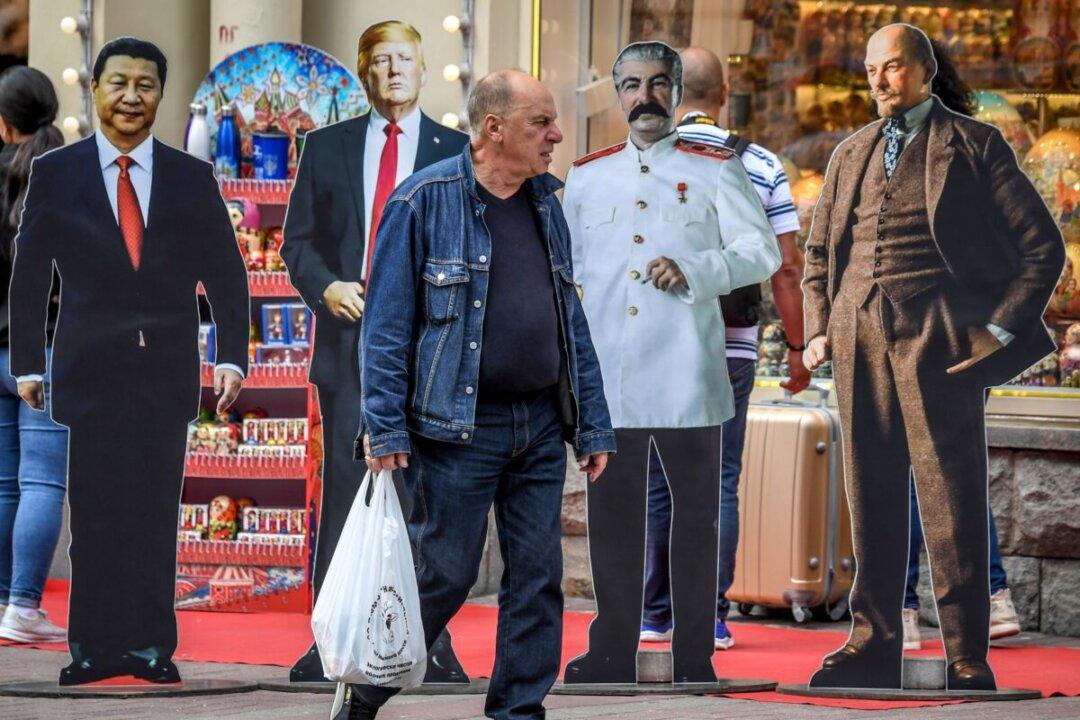Chinese Ambassador to France Lu Shaye angered many countries with his televised remark that the ex-Soviet Union countries did not have sovereign status. However, this seemingly inadvertent remark reveals a deep-seated fear the Chinese Communist Party (CCP) has had for the last three decades—that the sudden collapse of the Soviet Union and demise of the Soviet Party will happen again in China, experts said.
In an interview with French television network LCI on April 21, Lu claimed that former Soviet states had no “effective status” in international law.




